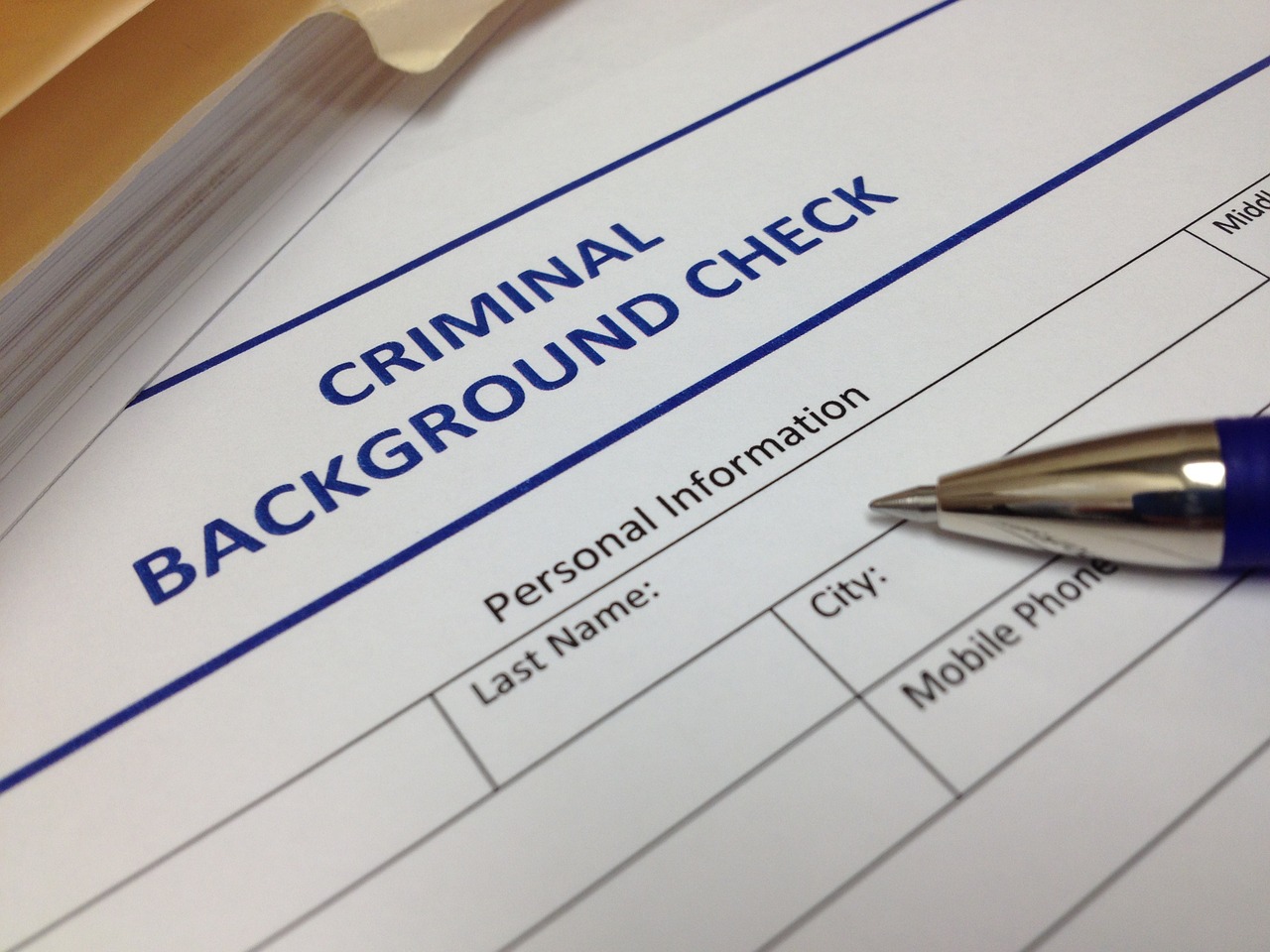
An arrest may show up on your criminal history even with a negative background check with the Texas Department of Public Safety. DPS maintains a Computerized Criminal History System (“CCH”). The CCH contains public record information relating to a conviction or deferred adjudication that has been reported to the Department. Legally, this database is not supposed to list arrests unless the arrest relates to a conviction or grant of deferred adjudication. A search response will only reflect the data submitted by the reporting agencies to the Department of Public Safety and authorized for release to the public on the date of the request. DPS is not authorized to release arrest information on a dismissed case, i.e., one that is not related to a conviction or deferred adjudication. The Texas legislature increases the uses of CCH for noncriminal justice purposes. In 2003, for example, the legislature granted access for criminal history searches to the many companies that provide in-home services, such as plumbing or electrical repair.
Contrasted to the CCH System is the DPS Crime Records Service (CRS”). CRS contains criminal history files of all arrests, prosecutions, and court dispositions reported to DPS. Access to the CRS Secure Site is restricted and is available to eligible entities including Legislatively Authorized Government Entities, Criminal Justice Agencies, and Legislatively Authorized Private Entities.
DPS records are not always complete and sometimes an arrest is reported when it should not be. The opposite is also true that sometimes an arrest is not reported when by law it should be. DPS has addressed some of the scenarios on their official website. They explain that an employer might find an arrest on a public website and not with DPS. The response is “the arrest should be reflected on the Department of Public Safety’s website. If it’s not reflected on your criminal history record, the arrest was either never reported or returned to the arresting agency due to an error.” https://records.txdps.state.tx.us/DpsWebsite/CriminalHistory/AboutCch.aspx. In January 2019, DPS did an analysis of a 5 year period (2013-2017) to determine the success rate for CCH reporting. The analysis determines that 96% of the arrests in CCH had a final disposition. The two primary reasons for dispositions being absent from CCH were:
• The corresponding arrest was not reported. When the disposition is reported, it cannot be matched (via TRN and TRS) to an arrest and must be placed in the DPS name based file to await the receipt of the arrest report. If the arrest is never reported, the dispositions will never be entered into CCH; and
• The court has not reported it because the offense has not been disposed of.
https://records.txdps.state.tx.us/DpsWebsite/CriminalHistory/AboutCch.aspx.
Even when arrest records do not show up on an Official DPS background check, arrest records are public records that may be available from individual County Clerk’s Offices. While not all of this information is accurately reported to DPS, many private companies send employees down to the County Clerk’s Office to obtain the actual criminal court files for purpose of collecting Criminal History Record Information. These companies in turn sell the information to other reporting companies. If the Clerk’s Office does not report an arrest to DPS, these companies will nevertheless obtain the information from the source and report it.
Austin Criminal Defense lawyer
David Frank has been an Austin Criminal Defense lawyer since 1993. He is Board Certified in Criminal Law by the Texas Board of Legal Specialization. An attorney who is Board Certified by the Texas Board of Legal Specialization in Criminal Law must have experience in the preparation and trial of serious criminal matters. The attorney must also have extensive knowledge of state and federal constitutional law, evidence, procedure and penal laws involved in the trial of these matters.



Leave a Reply